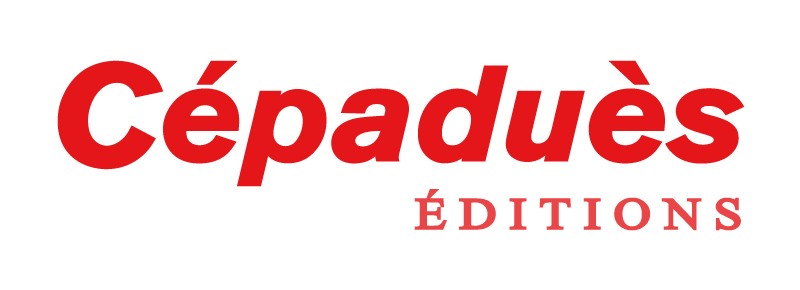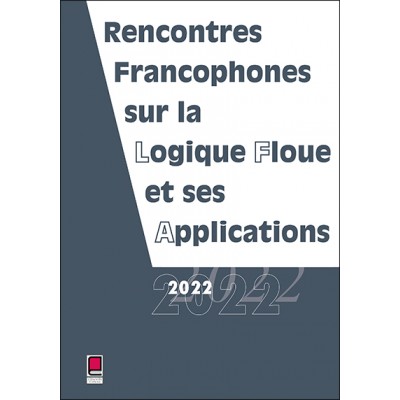Updating belief functions over Belnap–Dunn logic
Belief and plausibility are weaker measures of uncertainty than that of probability. They are motivated by the situations when full probabilistic information is not available. However, information can also be contradictory. Therefore, the framework of classical logic is not necessarily the most adequate. Belnap—Dunn logic was introduced to reason about incomplete and contradictory information. [4] and [2] generalize the notion of probability measures and belief functions to Belnap—Dunn logic, respectively. In this article, we study how to update belief functions with new pieces of information. We present a first approach via a frame semantics of Belnap—Dunn logic.

